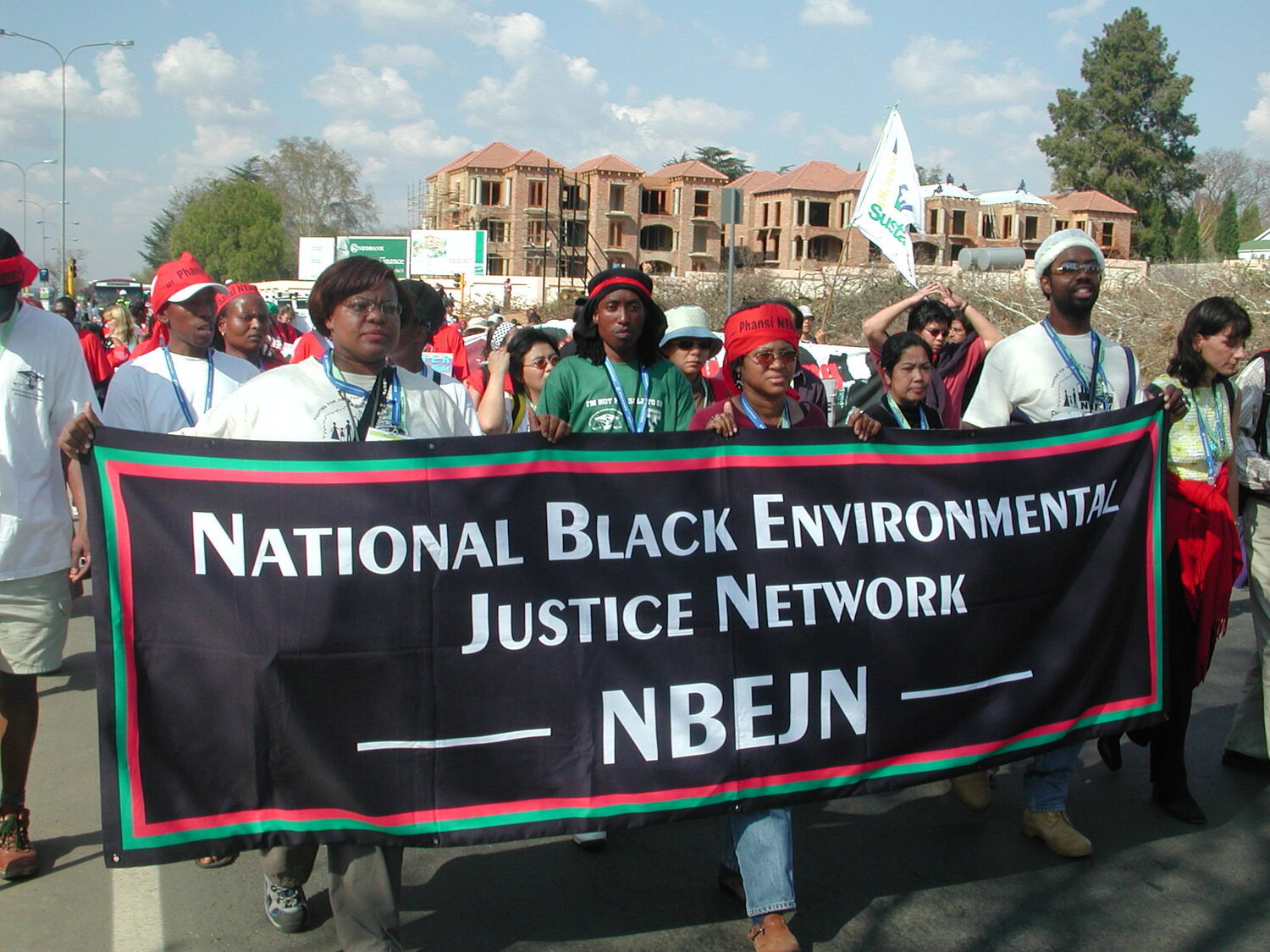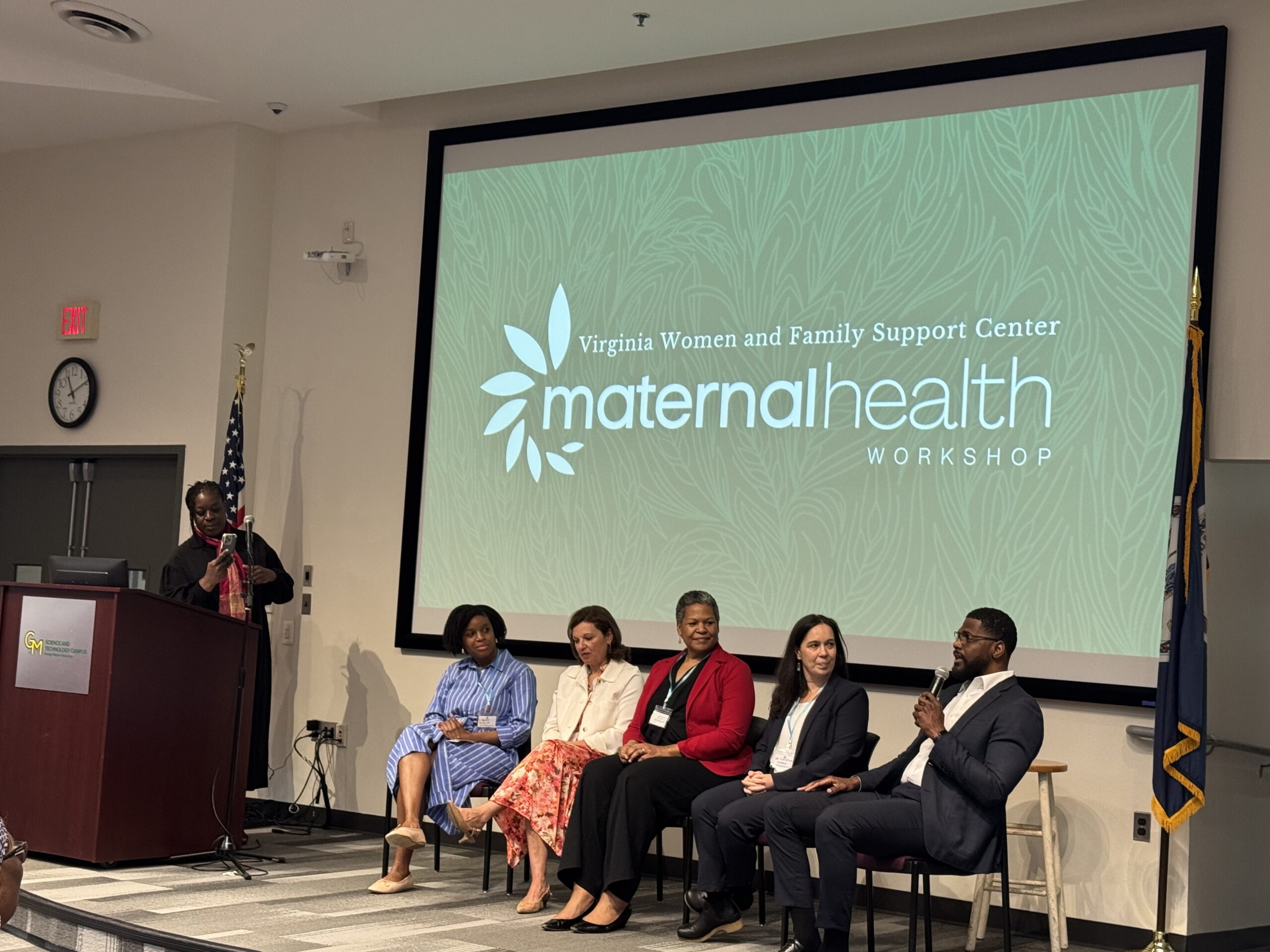National Black Environmental Justice Network Relaunches
Last month, the PW Perspective discussed the connection between the growing threat of climate change and systemic racism. In light of the COVID-19 pandemic and its disproportionate impact on the Black community, the National Black Environmental Justice Network (NBEJN) has reignited its commitment to improving the lives of Black people and addressing the racism that denies them equal access to environmental, climate, racial, and economic justice as well as health equity, political power, civil rights, and human rights.
The NBEJN was founded in 1999 to address the environmental racism faced by Black communities across the United States. Dr. Beverly Wright, executive director of the National Black Environmental Justice Network, explained the necessity for reviving NBEJN since it disbanded in 2006 after the passing of director Damu Smith. “However, as we have seen the disproportionate impact of COVID-19 on our community and the continued assaults on our environment by the Trump administration, there has been a groundswell among members, a resurgence of energy and purpose, that has brought us back together to protect Black America and put an end to these injustices.”
“NBEJN is needed as much now as it was when it was first founded in 1999. The re-establishment of NBEJN, at its core, represents a re-commitment to Black people and their unfathomably relentless struggle to achieve the inalienable right to “life, liberty and the pursuit of happiness.”
“NBEJN is needed today to fight these conversing threats and underlying conditions that are denying black people the right to breathe’ and the right to life, liberty, and the pursuit of happiness enjoyed by white America,” says Dr. Robert Bullard, often called “the father of environmental justice.”
“While many in power seemed surprised that COVID-19 is killing twice as many Black Americans, those of us in the environmental justice movement know that the health impacts of cumulative and disproportionate levels of pollution in our communities have created underlying health conditions that contribute to our higher COVID-19 mortality rates. That is why we need to work together, as part of the National Black Environmental Justice Network, to address the systemic racism that has denied us environmental, climate, economic, and racial justice for far too long” says Peggy Shepard, Co-Founder and Executive Director of WE ACT for Environmental Justice.
“As Black people in America we need an assurance to a commitment for the right to live a life with the same rights as anyone else. We deserve the right to breathe clean air, drink safe water and live in communities free from pollution. NBEJN provides a platform for the voices of Black people to be heard” says Donele Wilkins, Founder/CEO Green Door Initiative.
“Environmental justice is social justice, racial and economic justice. NBEJN was founded on the principles of equity to ensure that Black people and their communities across the United States have a seat at the table or can create their own tables. The struggle for equity is multi-faceted and our fight to dismantle systemic racism is connected. Now more than ever there is a need for our network to assist in elevating the voices and issues of our communities on our terms and with our own leadership” says Tina Johnson, Principle, Johnson Strategy and Development.
“There has always been a need for Black community to unite around environmental justice issues. NBEJN is the link for that connection” says Payton M. Wilkins, Executive Director, Coalition of Black Trade Unionist, Education Center. A virtual press briefing will be held on Monday June 15, 2020 at 11 am ET. For more information on the NBEJN, including how to join, contact Mary Williams, maryw@dscej.org,1-
The PW Perspective would like to thank Mothers Out Front for their contribution to this article.



